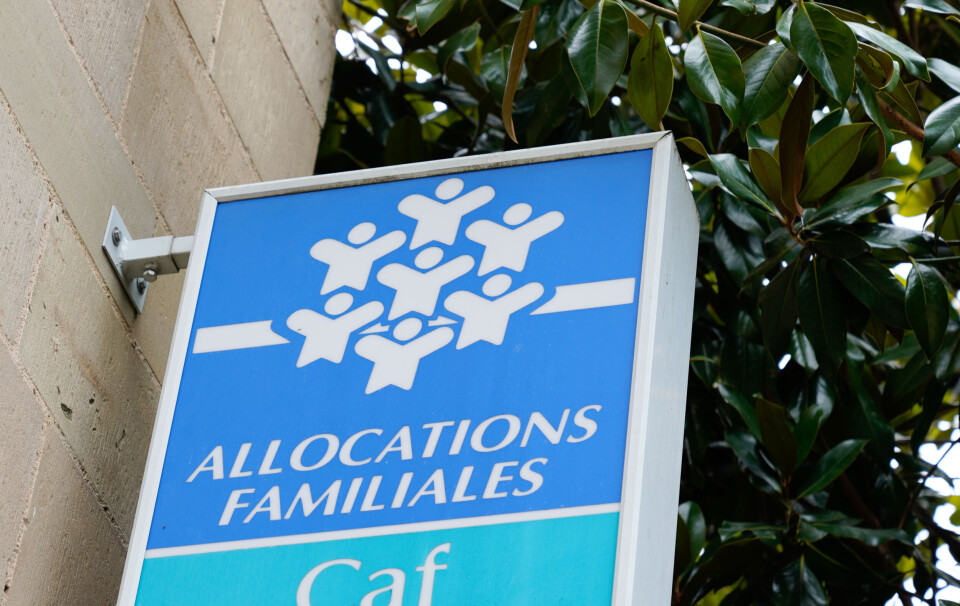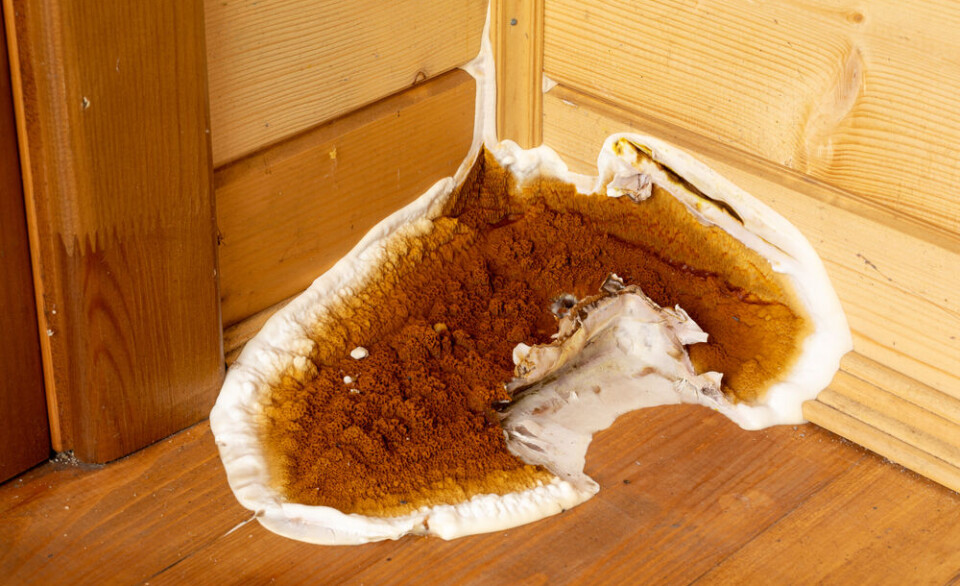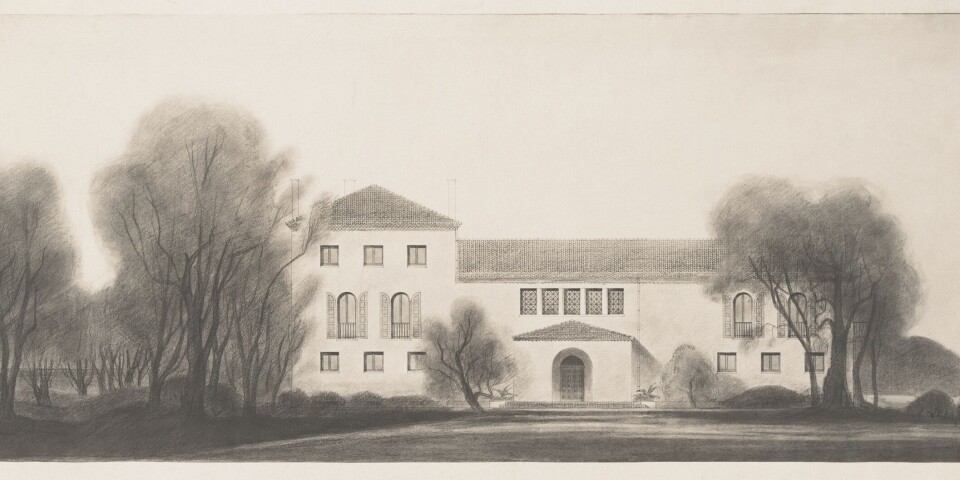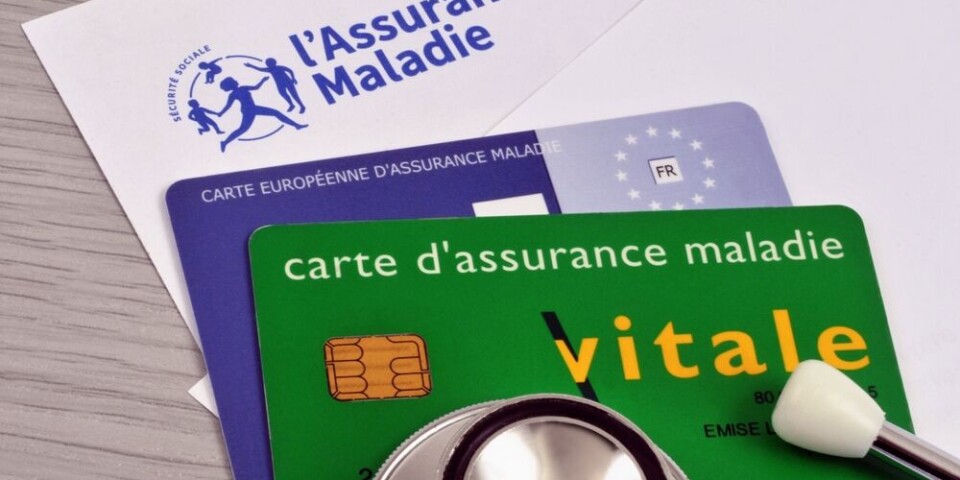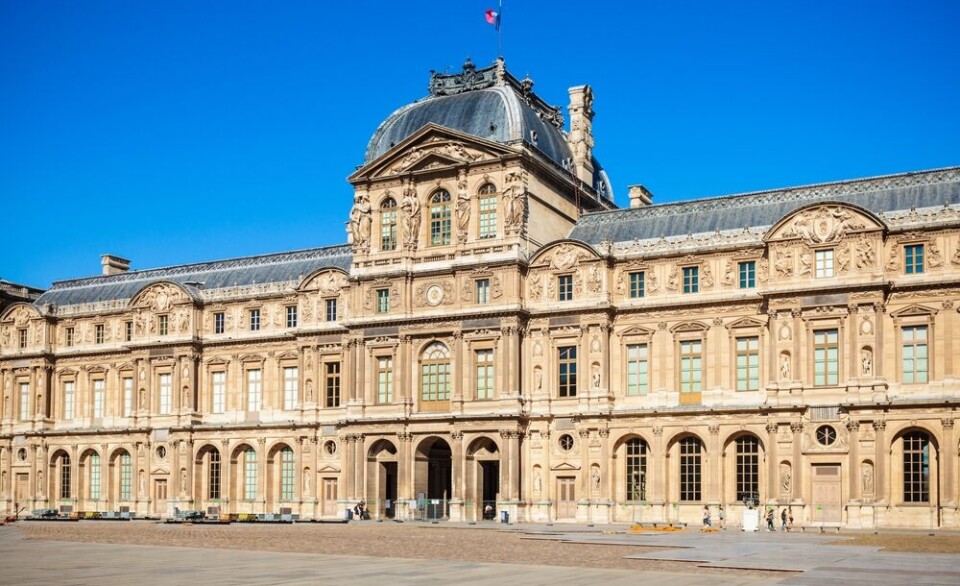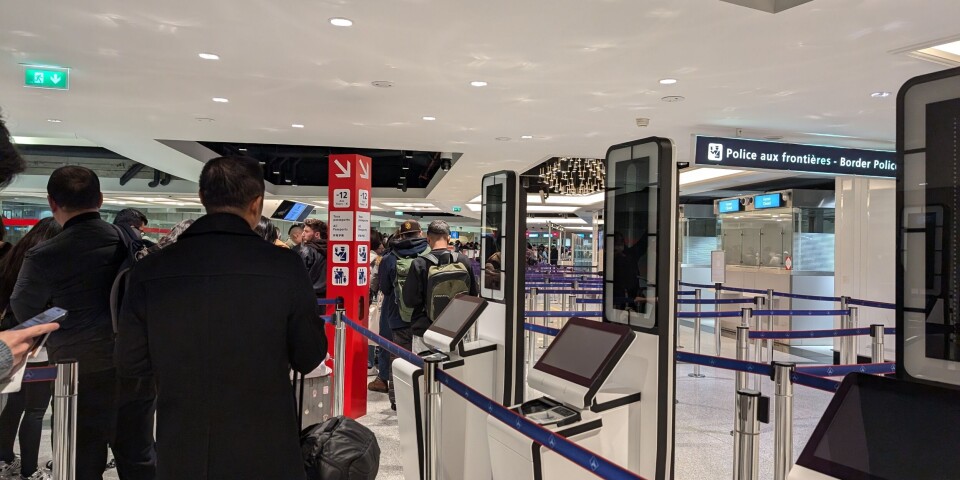-
Learning French: when and why do we say être dur de la feuille?
A leaf-themed phrase for when a person is hard of hearing
-
Learning French: les carottes sont cuites and 10 other food idioms
Salads, carrots, apples, and onions are all used in common phrases. How many do you know?
-
Learning French: what does être à l'ouest mean and when should it be used?
Say this when someone zones out of a conversation
Informal synonyms for everyday French words
Spoken French is very different to the language you learn in the classroom

French, like all other languages, is full of synonyms and slang words (argot) that native speakers tend to use when speaking amongst themselves.
Many common French words taught to us in classrooms or textbooks are in fact rarely used by native speakers, and are replaced by synonyms or slang words.
These words can be more descriptive of the action or object – think ‘snacking’ instead of ‘eating’ – or have simply replaced the original word over time, particularly when used by the younger generations.
If you live in France and often speak to French people or consume French media, you will quickly notice many of these slang words or synonyms replacing the words you originally learned.
The good news is, with a little practice you can easily make them part of your vocabulary.
Below are some synonyms or slang alternatives for five very common French words.
L’argent
There are many different ways to talk about money in French, but you will rarely actually hear the word argent in conversation. You are much more likely to hear some of the words below:
Un balle – The British equivalent of a quid, so cinquante balles is fifty quid.
La tune/thune – In English, this is like cash or dosh. Je ne peux pas sortir ce soir, je n’ai pas de tune means ‘I can’t come out tonight, I don’t have any cash’.
Le fric – This is another informal way to talk about money, the equivalent of dough or cash.
L’oseille – Again, this is a more informal way of saying money that you may hear in spoken French.
Le blé – As well as meaning wheat, le blé can be used to talk about money.
Un pognon – An indeterminate sum of money is called un pognon and you might also hear people ask t’as du pognon? (do you have any money?)
Les espèces / liquide – When buying something that does not cost a lot, such as a drink in a café, the server might ask carte ou espèces ? or carte ou liquide ?. In this context, espèces / liquide means physical money, as opposed to a bank, credit, or debit card, or other form of payment such as through smartphone apps.
Manger
In a country that places so much importance on food, there are of course a number of different ways to talk about eating.
These synonyms are verbs that describe different varieties of eating, allowing you to be more expressive about your meals.
Bouffer – Bouffer is slang for to eat, while la bouffe is slang for food. It generally gives off a connotation of eating a lot, almost excessively, so you might use it when eating out at a restaurant or during a dinner party.
Grailler – This is a common, more informal way of saying to eat, and might be considered like the English equivalent of ‘to munch’ or ‘to tuck into’.
Grignoter – This implies snacking, so eating something a bit lighter than a full meal. It is often used by people when talking about their goûter, or afternoon snack.
Croquer – Croquer gives the idea of taking a bite of something or crunching on something, and is often used with crunchier foods. Dry pet food (kibble) is known as croquettes in French.
S’empiffrer - It is used when someone eats a lot very fast, similar to the English equivalent of stuffing your face.
Read more: Hungry, peckish, stuffed: 15 French phrases to do with food and eating
Aimer
Aimer is already a verb that is slightly confusing in French, because while we are taught that it means to like, telling someone je t’aime means 'I love you'. However, saying je t’aime bien means 'I like you (as a friend)'.
Read more: Aimer, adorer: understand the language of love in France
Perhaps to avoid awkward blushes, there are many alternatives to aimer, often used by younger people.
Kiffer – Derived from Arabic, this means to like to be fond of, for example, franchement je le grave kiffe means ‘I really like it’. It is very popular with younger people.
Etre fou/folle de – You can also say you are crazy about something, in both a general and romantic way; je suis folle de lui means ‘I am crazy about him’.
Je suis fan – This one is almost like a little bit of Franglais; je suis fan de ce restaurant means ‘I am a fan of this restaurant’. However, it is not as informal as it seems in English.
Je suis accro – If you really like something, you can talk about being an accro of it. It literally translates as an addict, but used in slang it just means you really like something. Je suis accro à cette chanson means ‘I’m hooked on this song’.
Read also: Do you know the English equivalents of these 5 French expressions
Travailler
In a similar way, most people in France use a different word than travailler, particularly in informal situations, to talk about working.
Bosser – This is one used mostly by younger people, but it is still very common in France; je bosse tous les jours cette semaine means 'I am working every day this week'.
Taffer – If you hear someone talking about le taff, they are referring to their job which comes from the verb taffer. This is quite recent slang in France.
Trimer – This means to work a lot or to slave away at something; for example j’ai trimé pour mes examens means ‘I worked really hard for my exams’.
Charbonner – The same as trimer, this gives the idea of slogging away at something, particularly for a long time.
Boulot – Boulot is a common noun used to describe work, and is part of the popular expression métro, boulot, dodo (travel, work, sleep). This phrase is used to describe the rat-race lifestyle of people living in larger cities.
Cool
Many French people will still describe something as trop cool, however just as in English, there are many variations of the word used by younger people.
Nickel – This means cool or great. Je serai là dans quinze minutes. Nickel ! means ‘I will be there in 15 minutes. Great!’. Note that it is not pronounced like the US coin ‘nickel’ but ‘knee-kell’, with the emphasis on the final syllable.
Stylé – This has a literal meaning of stylish. For example, j’aime bien tes baskets, elles sont vraiment trop stylées means ‘I really like your trainers, they are really stylish’.
Top - This comes straight from English and means something that is very good or cool. Le repas était top means 'the meal was great'.
Dingue – Dingue means unbelievable or incredible. Le spectacle était dingue means ‘the show was incredible’. This is again mostly used by younger people.
Un truc d’ouf – Ouf is verlan for fou, so un truc d’ouf means something that is crazy or really cool. Ce n’est pas un truc d’ouf means 'it’s nothing special'.
Related articles
10 French words and phrases that are untranslatable in French
Seven alternative French words to make you sound more native
Widen your vocabulary with alternatives to common French phrases








